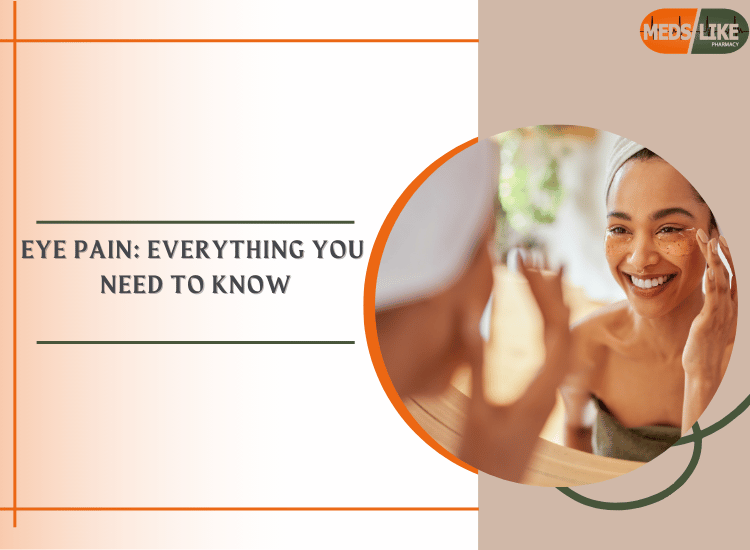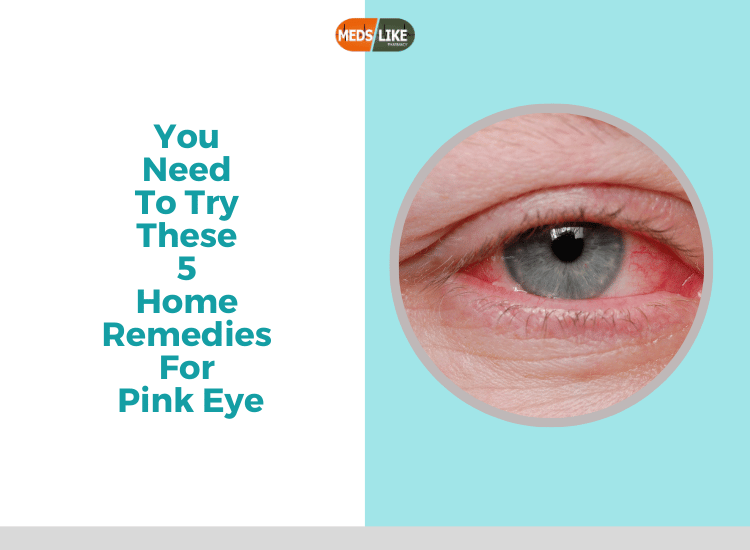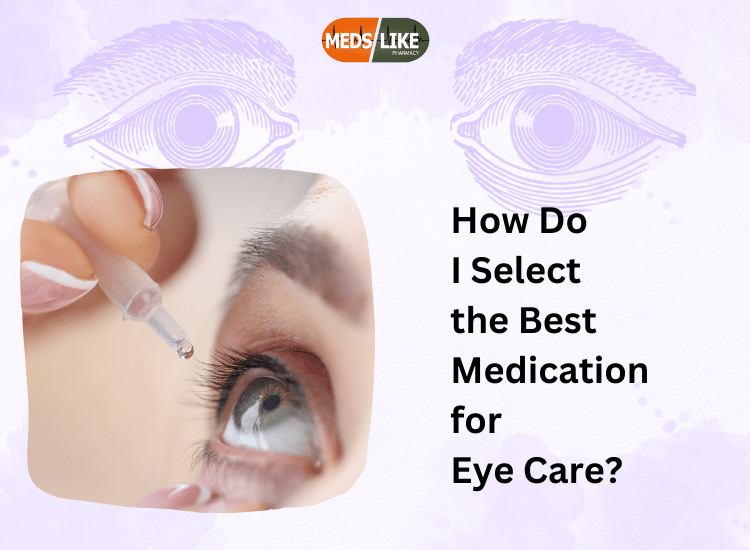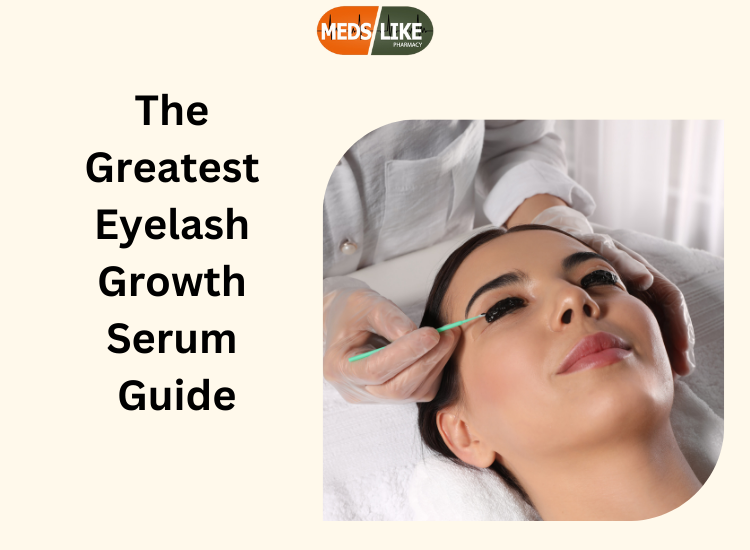The state of your Eye Care is critical to your overall health. The majority of people rely on their eyes to view and comprehend their surroundings. Because some eye illnesses might result in vision loss, it’s critical to identify and treat eye problems as soon as possible. If your doctor suggests it or if you notice any new visual abnormalities, you should have your eyes examined. Keeping your eyes healthy is equally as important as keeping your body healthy.
Consume a well-balanced, healthful diet.
Suggestions for Eye Care
There are several things you can do to maintain your eyes healthy and your eyesight clear:
- Stay in a healthy weight range. Obesity, often known as being overweight, increases your risk of acquiring diabetes. If you have diabetes, you’re more prone to develop diabetic retinopathy and glaucoma.
- Maintain a well-balanced diet. Fruits and vegetables should be consume in great quantities, particularly high-nutrient yellow and green leafy vegetables. Omega-3 fatty acids found in salmon, tuna, and halibut can benefit your eyes.
- Exercise on a regular basis. Diabetes, high blood pressure, and high cholesterol can all be prevent or treated with exercise. These conditions can impair vision and cause other eye problems. As a result, frequent exercise can reduce your risk of developing certain visual and eye problems.
- Protect your eyes with sunglasses. Exposure to the sun can harm your eyes as you become older, increasing your risk of cataracts and macular degeneration. Wear sunglasses that block 98 to 100 percent of UV-A and UV-B rays to safeguard your eyes.
- Put on your safety glasses. When participating in some sports, working in professions such as industrial labour and construction, and performing household repairs or projects, eye protection is require to avoid injury.
- Don’t smoke. Smoking advances the risk of age-related eye illnesses such macular deterioration and cataracts, as well as instigating optic nerve harm.
- Be familiar with your family’s medical history. Because some eye diseases are inherit, it’s crucial to know if anyone in your family has had them. This may assist you in determining whether you have a higher risk of getting eye problems.
- Be aware of your other risk factors. You’re more possible to attain age-related eye illnesses and problems as you become older. Accepting your risk features is significant because you strength be able to reduce your risk by altering some of your habits.
- Take protections if you wear contacts to avoid obtaining an impurity in your eyes. Before situating on or eliminating contact lenses, kind sure your indicators are clean. Cleaning and substituting them must be done conferring to the constructor’s instructions.
- Take a disruption from observing at your computer. It’s easy to forget to blink when you spend a lot of time in front of a computer, which leads your eyes to become fatigued. Follow this rule to avoid eye strain: Take a 20-second break every 20 minutes and look 20 feet ahead of you.
Optometrists and ophthalmologists are two unlike types of eye medics.
Do you have trouble determining which is which and who is in charge of what? Let’s take a faster look at the dissimilarities. Keep in mind that these persons can collaborate and that a team attitude to eye care may be the top choice drops Bimat 3ml Eye Drop.
An ophthalmologist provides medical and surgical eye care.
They went to medical school and studied medicine. They then underwent a one-year internship followed by a three-year residency. A one- to two-year fellowship is frequently follow.
They offer a inclusive range of eye care facilities, such as:
- There are eye exams and other visual services accessible.
- Medical eye care, such as for glaucoma, iritis, or chemical burns.
- Surgical treatment is available for trauma, crossed eyes, cataracts, glaucoma, and other conditions.
- Diagnosis and treatment of eye problems caused by other conditions including diabetes or arthritis.
- Droopy eyes or wrinkles can be treat with plastic surgery.
Optometrists provide vision care and eye care services (ODs).
Optometrists are eye specialists who specialise in eye treatment for children and adults. Following graduation, they enrolled in a four-year professional programe and got a doctor of optometry degree. Some optometrists pursue further clinical training or complete a specialty fellowship after graduating from optometry school. They are mostly concerned with routine vision care and perform the following duties:
• Glaucoma and dry eye can be manage and treated.
• It Vision rehabilitation and low-vision aids are available. Have your eyes examined and vision tests performed.
• Assist with the prescription and fitting of contact lenses and spectacles.
• Medically relate ocular issues, such as diabetes, should be closely manage.
In order to treat you, optometrists and ophthalmologists commonly collaborate.
An optometrist provides eyeglasses and contact lenses.
Opticians are not eye doctors and cannot do eye examinations. They can obtain a certificate, diploma, or a one- or two-year degree. This fill the prescription that your eye doctor gave you. They also include the following:
• Measure the extent and width of your outside. They Assist you in determining which lenses and frames will best suit your needs.
• Check the prescriptions for your contact lenses and use to this Careprost 3ml Eye Drop. It Assist with the fitting and repair of glasses, frames, and contact lenses.
• Contact lenses and eyeglass lenses can be order and inspect.
What to Look for in an Optometrist
One type isn’t always better than the other. Your criteria will determine the best solution. The best optometrist for you is:
• It has been recommend by your doctor, friends, or family members.
• Someone you enjoy spending time with and who you can rely on
A good rule of scan is as trails:
• For primary eye care, you might choose to start with an optometrist. If necessary, you may be refer to an ophthalmologist.
• If you believe you need eye surgery for cataracts, glaucoma, or another eye disease, an ophthalmologist with the appropriate specialisation might be a good place to start.













